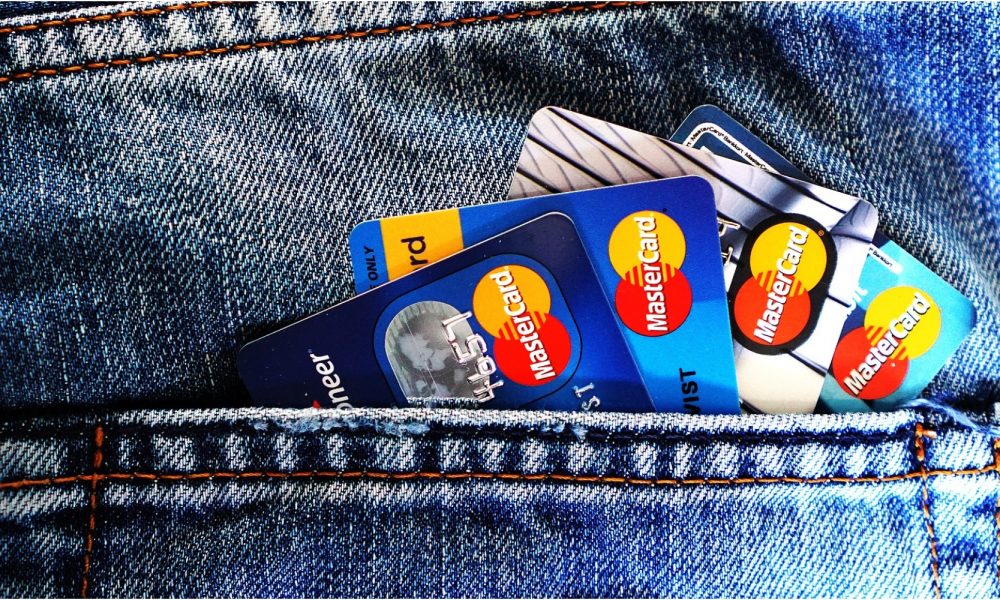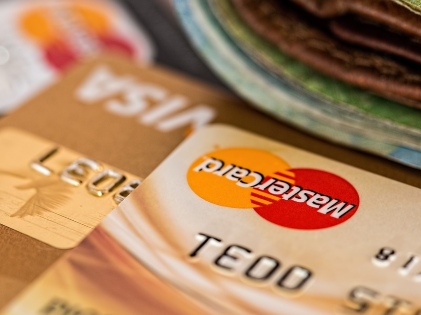
Here’s What You Need To Know About Credit Card Flipping

Credit card companies issue rewards like discounts for travel, cashback, etc., to their customers to ensure that they stay loyal. However, some customers prefer to chase more rewards. That leads them to open and close several accounts, thus rejecting the loyalty factor. This practice is called credit card flipping. Though this might give some the benefit of free travel, this practice could cause credit troubles in the future.
A credit card issuer would always want to be the top card in an individual’s wallet. Therefore, offering rewards encourages the consumers to use the account and retain them in the long run. The issuers hardly bother about card flipping, but it can jeopardize a consumer’s credit score if they don’t adhere to the following rules.
Understand the Procedure
 Card flipping is not similar to credit card churning or a balance transfer. Card churning is about opening and closing the same account several times to receive the same bonuses or the promotional rewards that companies offer during sign-up. Consumers use the balance transfer method to make the most of the low-interest rates offered during the payment of a high balance.
Card flipping is not similar to credit card churning or a balance transfer. Card churning is about opening and closing the same account several times to receive the same bonuses or the promotional rewards that companies offer during sign-up. Consumers use the balance transfer method to make the most of the low-interest rates offered during the payment of a high balance.
Credit card issuing companies are trying their best to stop the practice of card churning. On the other hand, experts let people know the risks of balance transfer and the penalty they might shell out. Consumers engage in card flipping to lay their hands on multiple rewards by using as many credit cards as they can manage. After they reap maximum benefits, they close their account and repeat the entire process all over again.
Start Clean
If you already have a balance on your credit card, card flipping might not be the right thing for you. Even if you receive rewards on your card, the interest on your balance that you have to shell out every month will nullify all the benefits. If you wish to grab the rewards, you must fulfill the spending requirements.
Suppose you pay the lion’s share of your expenses. You might have to spend thousands of dollars within a gap of three months. And that comes to around $3000 to $4000 every month, which you need to repay by the due date. You can then be eligible for the travel points without spending money on interest or on things you don’t need to meet the spending requirements.
Refrain From High Card Utilization
 Many consumers tend to cross 30 percent of their credit lines, hurting their credit scores in the process. You could be at risk if you do not have a high credit limit and spend to be eligible for rewards. In that case, you have to make sure that you have enough credit limit to make card flipping worth your effort. Now, if you have a $10,000 card limit and spend $3000 through your card, you can repay this amount every month with ease. Doing so will build financial discipline and improve your credit score.
Many consumers tend to cross 30 percent of their credit lines, hurting their credit scores in the process. You could be at risk if you do not have a high credit limit and spend to be eligible for rewards. In that case, you have to make sure that you have enough credit limit to make card flipping worth your effort. Now, if you have a $10,000 card limit and spend $3000 through your card, you can repay this amount every month with ease. Doing so will build financial discipline and improve your credit score.
Understand The Costs of Closing a Card
Before you flip your credit card, you must consider the annual fee you might have to incur at the time of closing your account. If you save money on the annual fee, you can put your credit history in jeopardy. If you decide to close your account and bring down the available credit, the credit utilization ratio could creep higher. This, in turn, would hamper your credit score. Before you decide on anything, you must ensure that your credit score doesn’t take a hit.
Invest Time

You should always keep track of your card balances, dates on which the payment needs to be done, and of course, the annual fees that you need to shell out every month. Aside from that, you have to go through and understand the rules of the reward programs.
Some credit card issuing companies could ask you to keep your account open for a certain amount of time so that you can receive a reward. If you want to reap the benefits of the opportunities, you must go through the terms and conditions carefully.
Opening a new credit card account every month could spell trouble. While the rewards could be alluring, you could end up paying through your nose if you are not careful. So, make sure you do ample research, talk to a financial advisor, and make an informed decision.
More in Financial Advice
-
`
WWE SmackDown to Make a Comeback on USA Network in 2024
In a surprising twist, WWE’s Friday night staple, “SmackDown,” is bidding farewell to Fox and heading back to its old stomping...
November 24, 2023 -
`
Why Women Face Higher Out-of-Pocket Health Expenses
In healthcare, disparities persist, and a recent report from Deloitte underscores a significant financial gap between working women and men in...
November 18, 2023 -
`
Elon Musk vs Bill Gates: The Clash of Titans
In the realm of the world’s wealthiest individuals, a simmering rivalry has been captivating public attention. It’s not a clash of...
November 7, 2023 -
`
The Power Of Disconnecting
In our digitally driven age, where smartphones, tablets, and laptops have become extensions of ourselves, disconnecting might seem daunting. However, the...
October 31, 2023 -
`
JCPenney’s Bankruptcy: The End of an Era
JCPenney filed for bankruptcy in a move echoing the struggles of many retailers in the wake of the COVID-19 pandemic. This...
October 26, 2023 -
`
Reasons Why You Need a Financial Plan
Financial planning is not just for the wealthy or those nearing retirement. It’s a crucial tool for anyone seeking financial security...
October 19, 2023 -
`
How Brad Pitt Spends His Millions All Over the World
Brad Pitt, the charismatic Hollywood superstar, has left an indelible mark on the silver screen and made an impact in the...
October 10, 2023 -
`
Gen Z’s Posh Palate: The Unexpected Rise of Caviar Culture
Amid the backdrop of a digital era buzzing with viral dances, e-sports, and niche memes, there emerges a peculiar plot twist:...
October 7, 2023 -
`
Transform Your Retail Business With Social Media Mastery
If you’re a retail marketer posting your social media messages haphazardly, you might be missing out on prime opportunities to turn...
September 26, 2023















You must be logged in to post a comment Login